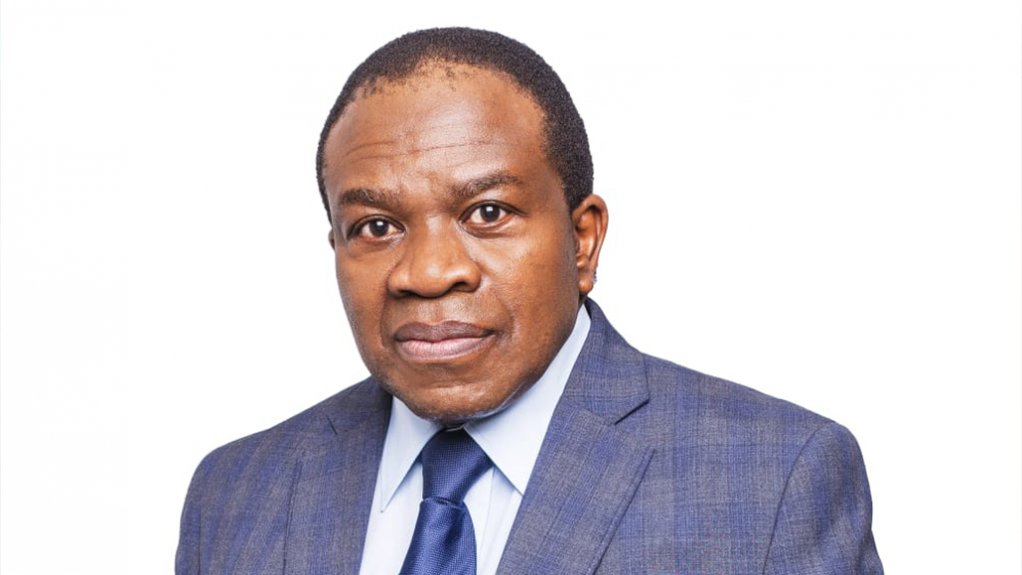A remodelled Integrated Resource Plan (IRP) for electricity will be released to the public next week and is expected to deviate materially from the heavily criticised draft IRP2023, which was published for public comment in January.
Electricity and Energy Minister Dr Kgosientsho Ramokgopa says the revamped document has taken account of changes in the electricity supply industry since the publication of the draft IRP2023, as well as the 4 338 stakeholder comments received on the document, including 136 “substantive” comments.
He has also announced that physical and virtual stakeholder engagements will be held from November 25 to 29 with the goal of finalising the update by November 30 and securing Cabinet approval for the final publication of what he calls “IRP2024” in the first quarter of next year.
The document will also have to be considered by the social partners at the National Economic Development and Labour Council ahead of gazetting.
The remodelling work has been conducted by the South African National Energy Development Institute (SANEDI) and will include a single horizon to 2050 – a departure from the draft’s two horizons, covering the period to 2030 and from 2031 to 2050.
SANEDI CEO Dr Titus Mathe says the new document includes revised and updated assumptions, including an increase in the assumed energy availability factor of Eskom’s coal fleet from around 50% to 60%, reviewed grid assumptions, as well as the delayed decommissioning of coal units that were meant to be shut between 2024 and 2030.
The base case will, thus, no longer reflect a continuation of loadshedding, the inclusion of which in the draft IRP2023 raised strong objections.
Mathe indicates that all the revisions will be released only at the first meeting, which is scheduled to take place physically at the Council for Geoscience on Tuesday, November 26.
However, he confirms that gas-to-power continues to feature heavily in the generation mix, especially after 2030, while the allocation to wind has also been increased substantially from that which was assumed in the draft IRP2023.
He also indicates that new nuclear will remain a feature of the remodelled plan beyond 2030, despite ongoing concern about the cost of the technology relative to possible alternatives.
While electricity stakeholders are keen for greater IRP certainty, particularly given that the current IRP2019 is considered to be sorely outdated, the truncated nature of the proposed consultation process could raise fresh concern and could even risk being challenged.
Edited by: Creamer Media Reporter
EMAIL THIS ARTICLE SAVE THIS ARTICLE
ARTICLE ENQUIRY
To subscribe email subscriptions@creamermedia.co.za or click here
To advertise email advertising@creamermedia.co.za or click here













